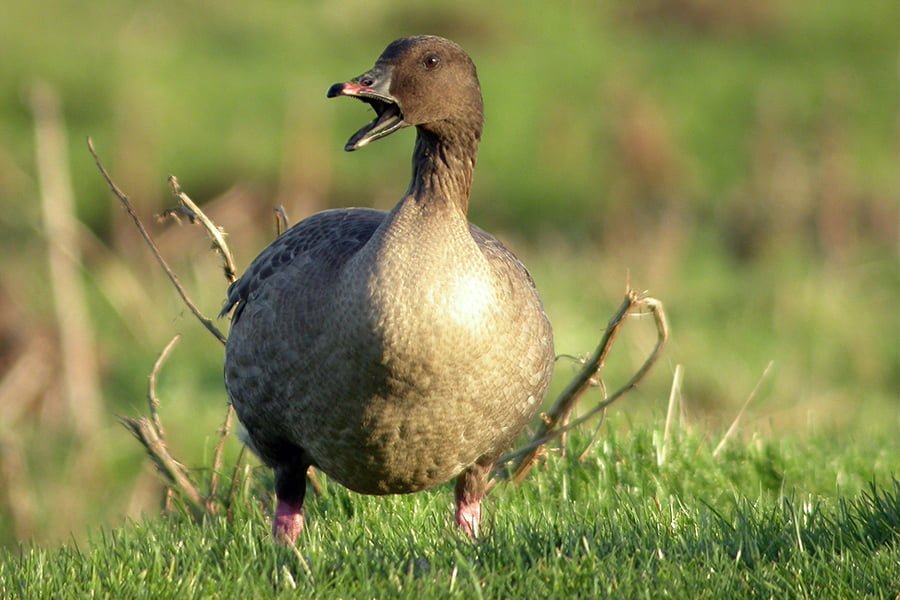
It is late August and the pink-footed goose autumn migration has started with skeins being seen over the North West in the last few days. Pink-footed geese are arguably the most important wintering bird species, when it comes to assessing the potential ecological effects of development in parts of Merseyside and West Lancashire. Every autumn pink-footed geese arrive in North West England in their tens of thousands. Many of these birds stopover briefly before continuing on their migration to East Anglia. However, an increasing proportion of these birds are beginning to stay in the North West over the winter period.
There are a number of International Protected sites in the North West for which pink-footed geese are a qualifying species, including Martin Mere SPA in Burscough, Lancashire, the Ribble and Alt Estuaries SPA on the Lancashire and Merseyside coast and also Morecambe Bay and Duddon estuary SPA. Pink-footed geese will regularly travel up to 20km from these designated sites to forage on agricultural land. This is important for developers to consider, as any agricultural land regularly used by pink-footed geese might be identified as a supporting habitat that is functionally linked to International sites. This gives the affected agricultural land similar protection to the actual designated site and will affect the planning application process.
Developers are required to undertake Habitat Regulations Assessments (HRA’s), where there is a possibility that a development could affect pink-footed geese supporting habitats. It is essential that these assessments are backed up by up-to-date pink-footed goose survey information. Local Authorities such as Sefton Council and West Lancashire usually require a full season of pink-footed goose survey information covering the months September to April inclusive. Without this information there is a risk that Local Authorities will refuse planning permission on the grounds that there was insufficient survey information to complete the HRA.
If you have a development on or adjacent to agricultural land in Merseyside or West Lancashire in the next year or two, the take home message is to seek specialist advice from an ecological consultant as soon as possible.
TEP has over 15 years’ experience working with clients where pink-footed geese have been an important consideration and invites you to get in touch with one of our Principal Ornithologists, who will be glad to assist you and ensure you get the advice you need.
For a list of all Special Protected Areas (SPA) in the UK click here.
To learn more from our Ecology team click here.








